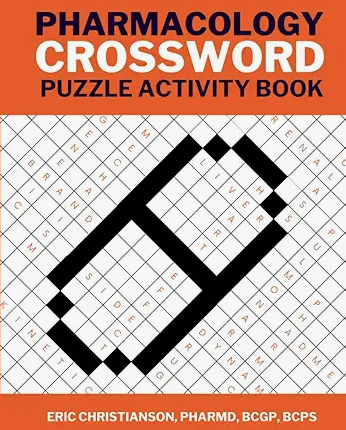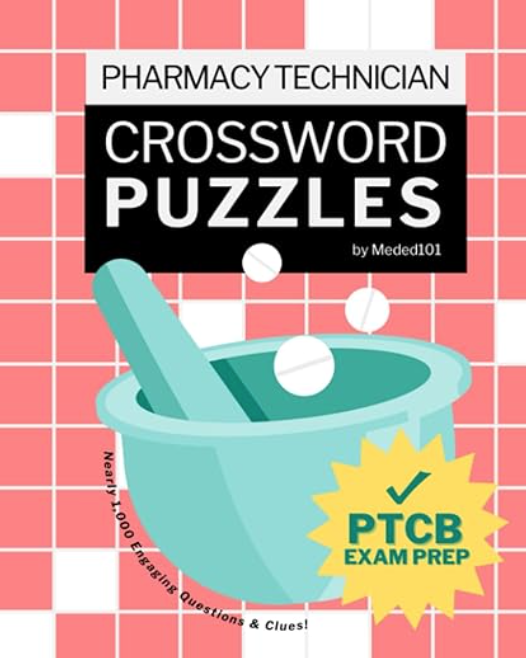JS is a 58-year-old female who has taken tramadol (podcast) for years due to chronic back pain. She has been experiencing worsening symptoms of depression and has been tried on duloxetine and sertraline in the past. Both of these medications caused GI upset and she is not interested in retrying these medications. The primary provider has started her on fluoxetine. There is a drug interaction between tramadol and fluoxetine (podcast) and we will discuss this situation below.
Tramadol is considered an opioid medication but its pharmacodynamics are a little more complex than that. In addition to its opioid activity, tramadol can inhibit the reuptake of serotonin and norepinephrine. Because of this mechanism, we can certainly have additive effects on serotonin. SSRIs, SNRIs, TCAs, MAOIs, and linezolid are a few examples of medications that can increase the risk of serotonin syndrome when used in combination with tramadol. With fluoxetine being an SSRI, the tramadol and fluoxetine interaction could lead to an increased risk for serotonin syndrome.
Serotonin syndrome is extremely rare, and I tend to have more concern for it as dosages increase or as the number of medications with serotonin activity increases.
When assessing tramadol drug interactions, you must remember that tramadol’s primary analgesic effect is due to conversion to an active metabolite. CYP2D6 is responsible for this conversion. When CYP2D6 is inhibited, it may lead to higher concentrations of tramadol and lower concentrations of the active metabolite which carries the primary analgesic effect. Fluoxetine is a CYP2D6 inhibitor and could potentially lower the overall effectiveness of tramadol.
What would I do to resolve the tramadol and fluoxetine interaction? If the patient had already started fluoxetine and it was going well, I would probably leave it alone and recommend continued monitoring of this interaction. Dose changes or the addition of other serotonergic agents would be a reason for heightened awareness.
If the patient had not started fluoxetine, would I approach this differently? I think it would be reasonable to consider an alternative SSRI such as escitalopram that would not impact CYP2D6. This would still carry the additive serotonin effects risk. Another option would be a medication like mirtazapine which it doesn’t look like she has tried from the past medical history that we have. I don’t love bupropion in this situation as we have the issue with CYP2D6 inhibition. In addition to this concern, we would also want to review if the patient is at risk for epilepsy or seizure activity as we would also have two medications on board that may lower seizure threshold (good example of a board exam question!).
- 30 medication mistakes PDF
- 18+ Page Drug Interaction PDF
- 10 Commandments of Polypharmacy Webinar based on my experiences in clinical practice









0 Comments